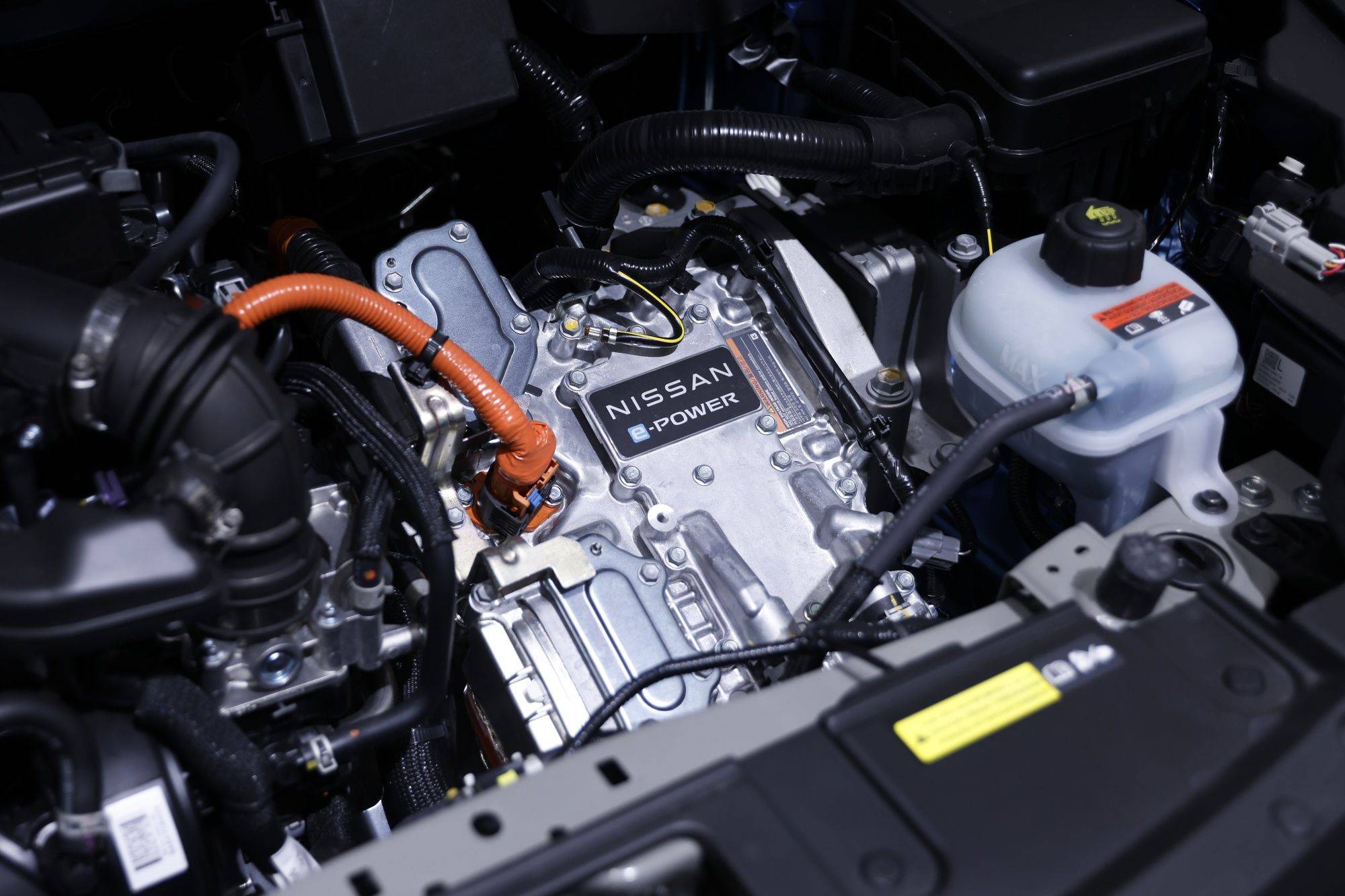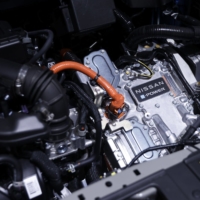Nissan Motor Co. said Thursday that it will overhaul its approach to powertrains for all-electric and hybrid petrol-electric vehicles as it aims to bring hybrid prices in line with those of petrol-powered cars by 2026.
The Japanese automaker said it will use the same components across models to make electric powertrains — the assembly which propels a vehicle — smaller and lighter, and reduce development and production costs by 30% within three years versus 2019.
It will also use solid-state batteries with materials that are cheaper than those usually used, such as nickel and cobalt, Senior Vice President Toshihiro Hirai told reporters.
"Materials that don't use such expensive precious metals are being developed, which will be a major factor in reducing costs," Hirai said.
The effort is among many by automakers trying to make new-energy vehicles more affordable, such as by reducing the cost of electric powertrains which have yet to achieve parity with those used in traditionally powered vehicles.
Nissan will apply its streamlined approach to powertrains to different vehicle sizes, expecting to equip vehicles such as the "kei" minicar and other mid-sized models from 2024 or 2025, Hirai said.
The powertrain size and weight reduction will improve vehicle performance, such as by making driving in the snow or on sand more stable, the automaker said.
Nissan became one of the first mass-market electric-vehicle makers with its Leaf model more than a decade ago. It aims to introduce 27 electrified models, including 19 all-electric vehicles, by fiscal year 2030.



















With your current subscription plan you can comment on stories. However, before writing your first comment, please create a display name in the Profile section of your subscriber account page.